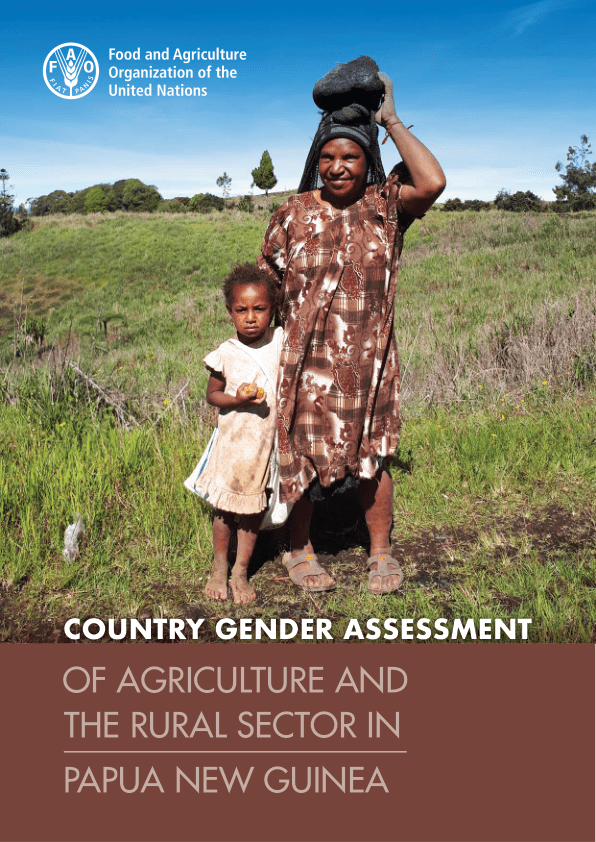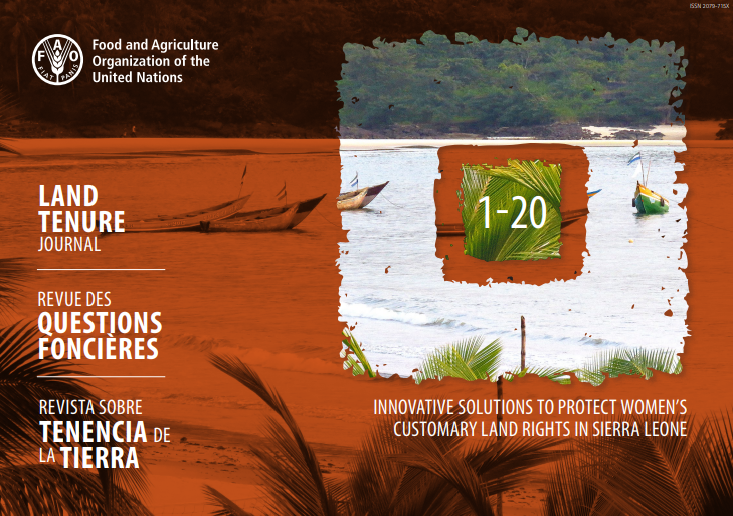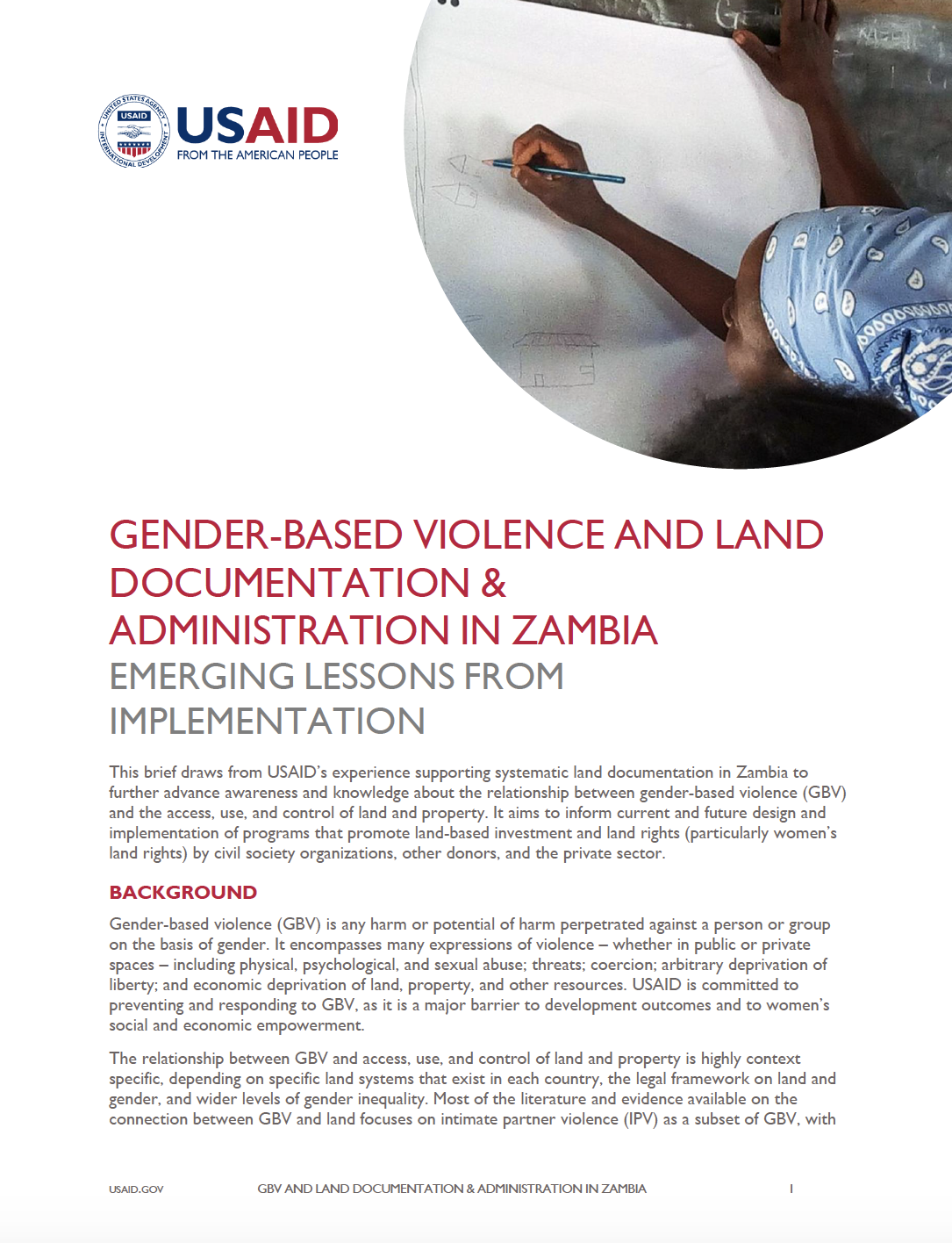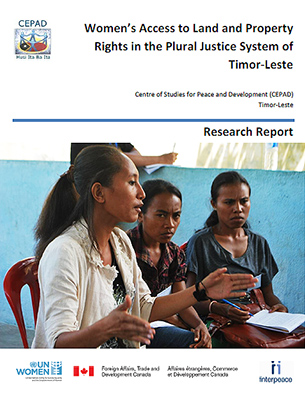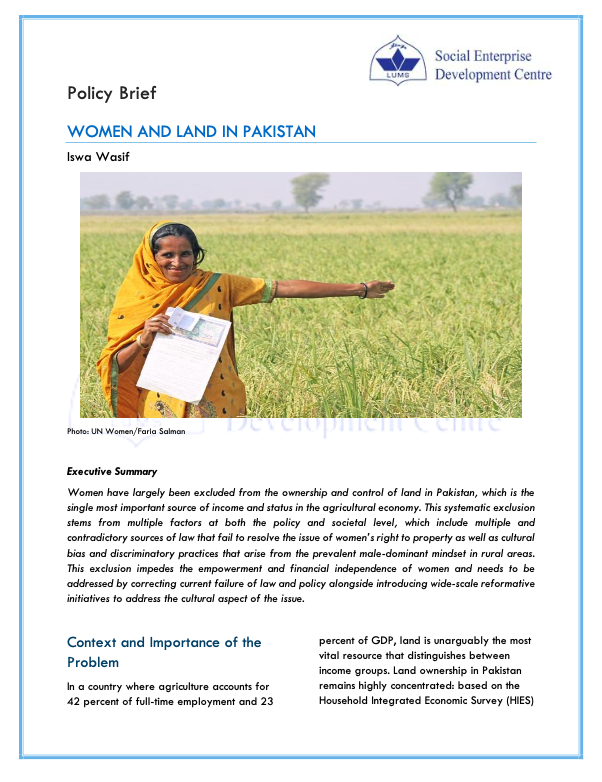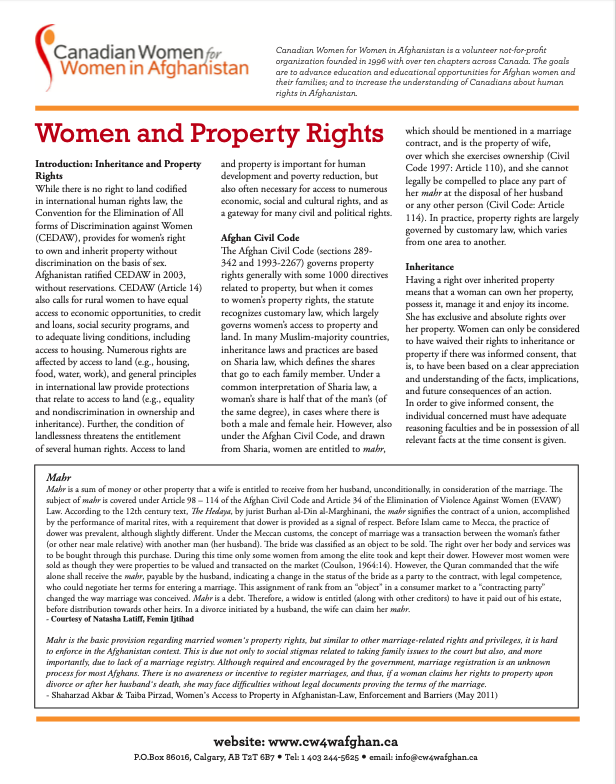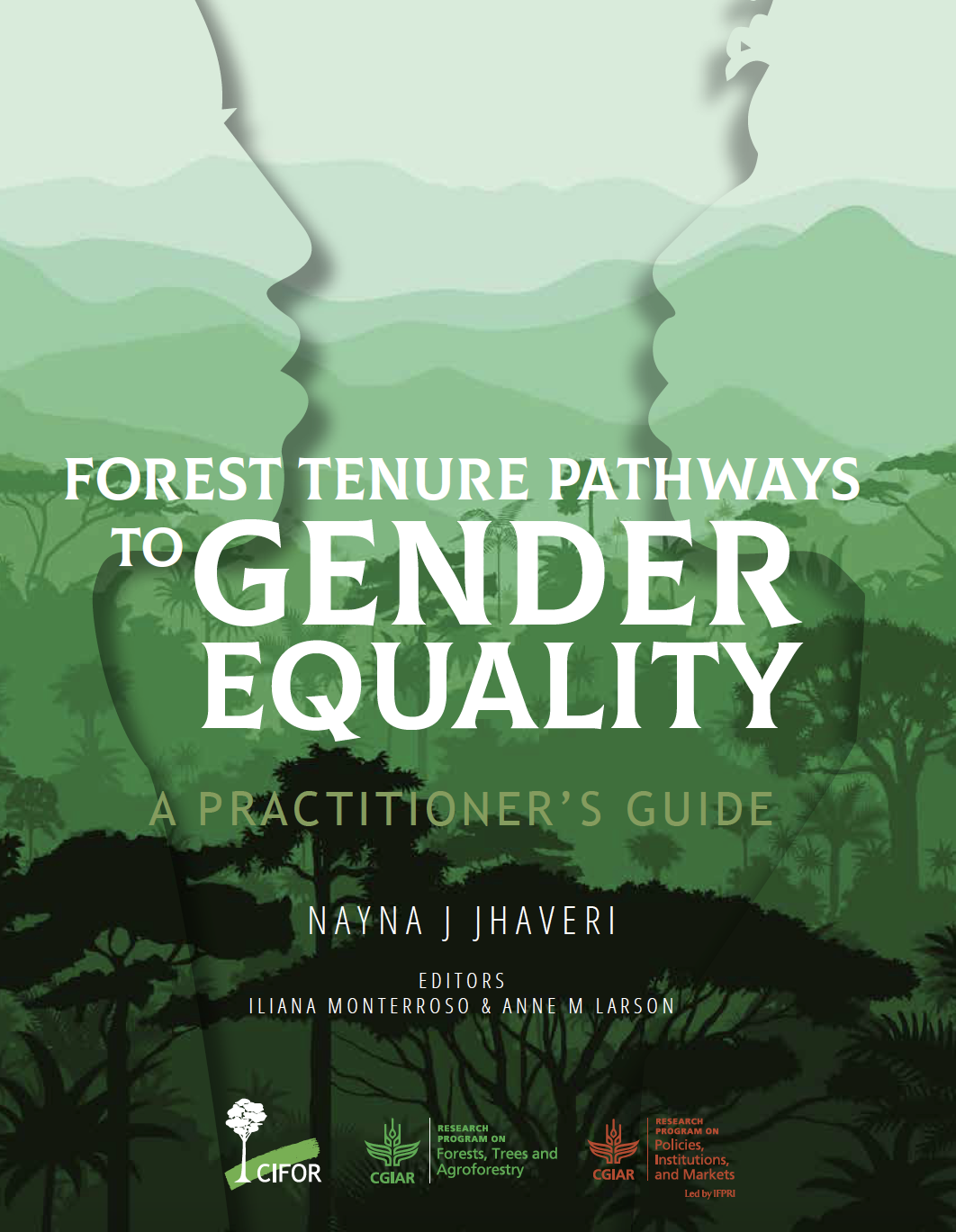Five Years into the SDGs: Are we on track to deliver the land targets?
This virtual side event was proposed as part of the 2020 SDG High Level Political Forum which was held from 7th to 16th July 2020. It was organised by the SDG Land Momentum Group, an informal group of civil society organizations and multilateral agencies which advocate the implementation of the land targets of the SDGs and support their monitoring.


